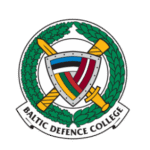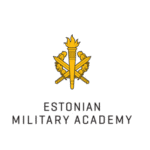ABOUT
-
ABOUT
The Annual Baltic Military History Conference (#BALTMILHIST) is a prestigious event that brings together scholars, historians, and military professionals to explore and discuss the rich military history of the Baltic region. The conference is jointly organised by the Baltic Defence College, the Estonian War Museum – General Laidoner Museum, the Estonian Military Academy, the Latvian War Museum, and the Vytautas the Great War Museum.
Based on papers presented at the conference the Estonian War Museum publishes a peer-reviewed academic journal the Estonian Yearbook of Military History




